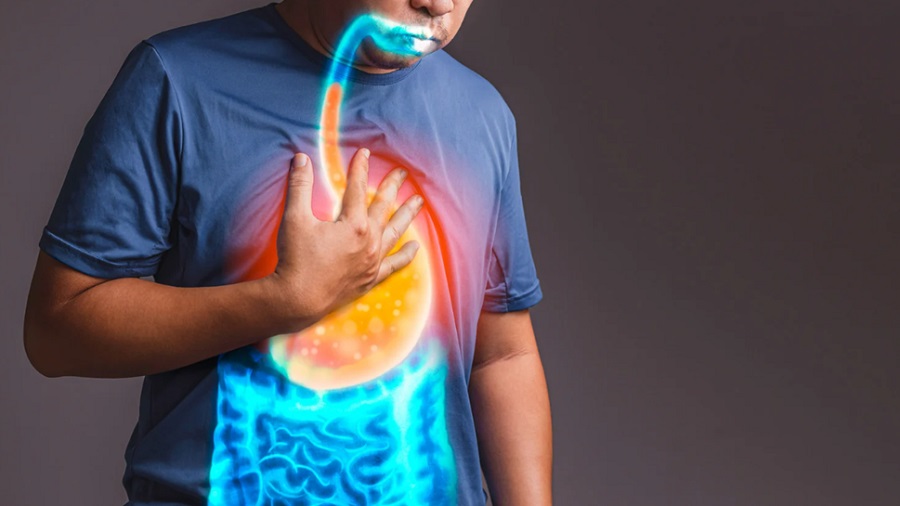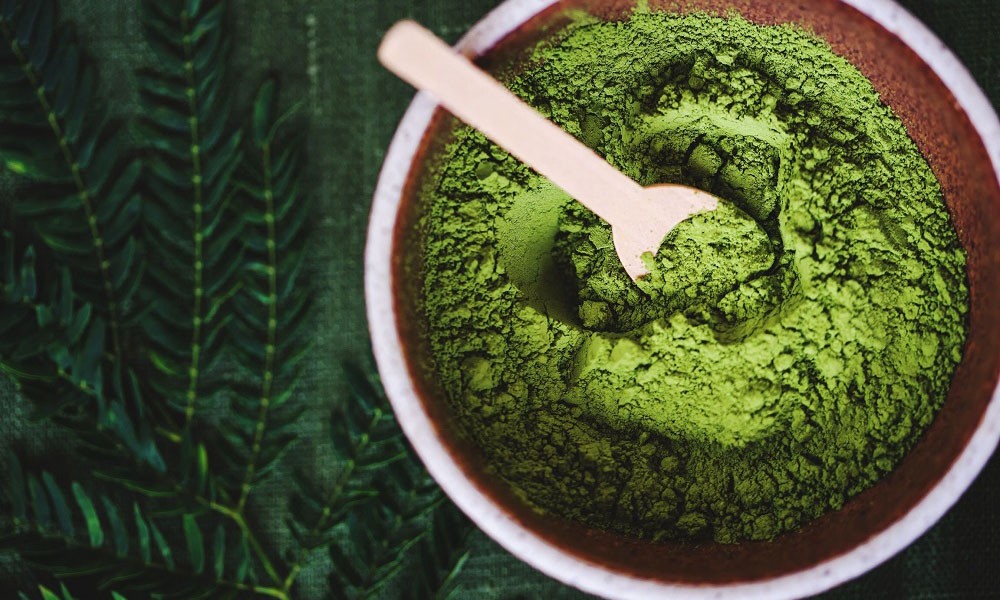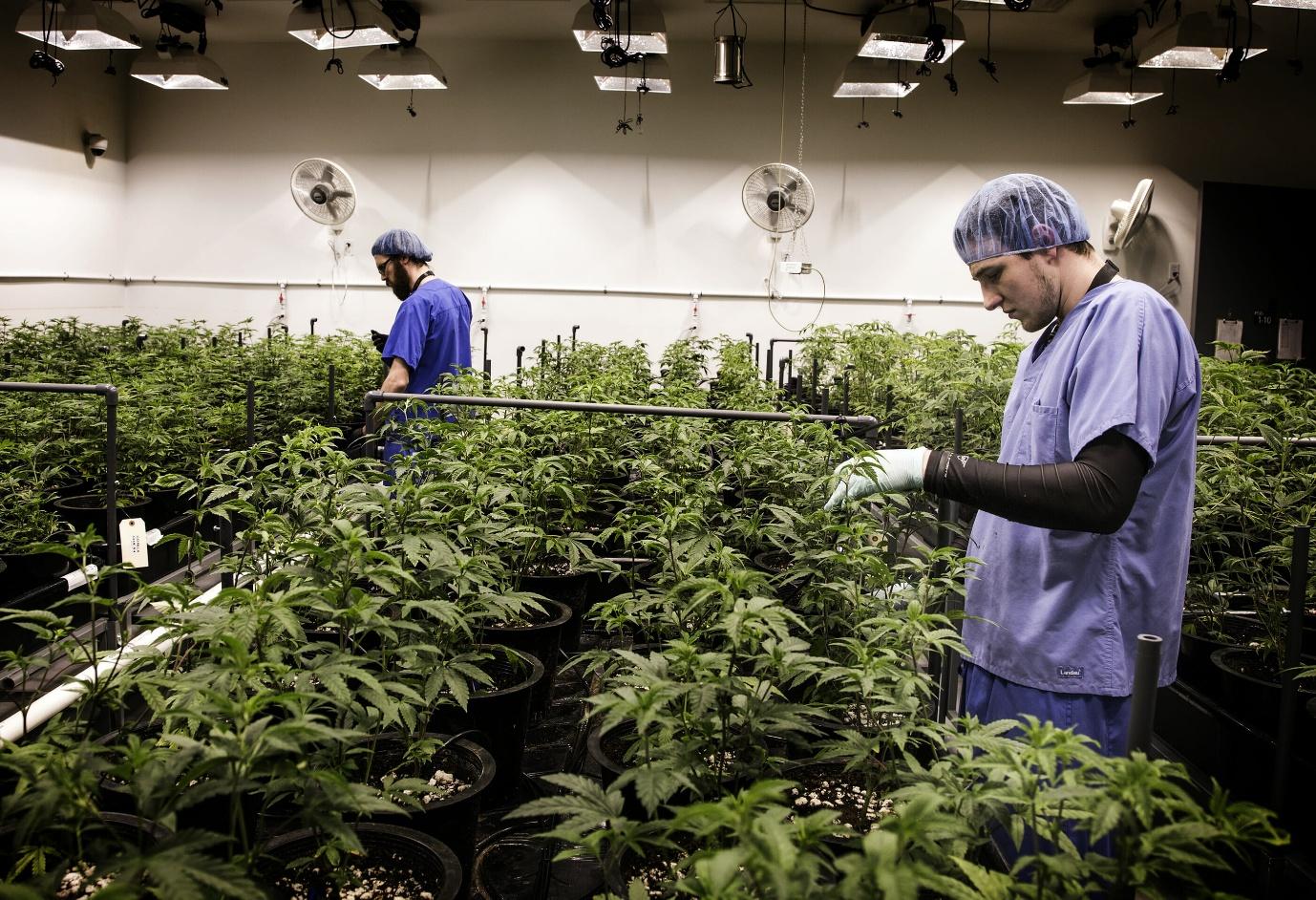Gastroesophageal reflux disease (GERD) is a chronic digestive condition that occurs when stomach acid frequently flows back into the esophagus. This acid reflux can cause uncomfortable symptoms such as heartburn, chest pain, and a persistent sore throat. For those suffering from GERD in Baltimore, dietary choices play a major role in managing symptoms and preventing flare-ups. While short-term changes may help, long-term dietary adjustments are key to controlling this condition effectively.
Understanding GERD and the Role of Diet
Long-term GERD management goes beyond occasional antacids or over-the-counter medications. A crucial component of symptom control is maintaining a diet that minimizes acid reflux triggers. Certain foods can weaken the lower esophageal sphincter or increase stomach acid production, leading to more frequent episodes of reflux. Eliminating these triggers helps reduce the severity of GERD symptoms and supports better overall digestive health.
Foods to Avoid for GERD Relief
Adopting a GERD-friendly diet involves avoiding foods known to exacerbate reflux. While individual triggers may vary, some common culprits have been shown to consistently cause symptoms.
Spicy and Fried Foods
Heavily seasoned and fried foods can irritate the lining of the esophagus and delay stomach emptying. Items like hot wings, fried chicken, or jalapeño-based dishes often top the list of foods to avoid.
Caffeine and Carbonated Beverages
Caffeinated drinks, including coffee and certain teas, can relax the esophageal sphincter, making it easier for acid to rise. Carbonated beverages contribute by increasing stomach pressure, which may force acid upward.
Citrus Fruits and Tomatoes
Although nutritious, acidic foods such as oranges, lemons, grapefruits, and tomatoes can trigger reflux episodes. These foods elevate the acidity level in the stomach, aggravating GERD symptoms.
Chocolate and Mint
Both chocolate and peppermint contain ingredients that relax the esophageal sphincter. While these treats may be enjoyable, they are best avoided by those managing GERD over the long term.
Better Dietary Choices for Long-Term Relief
Shifting your focus to more alkaline and gentle foods is an effective strategy for managing GERD. Opt for lean proteins, oatmeal, leafy greens, bananas, and non-citrus fruits, which are less likely to provoke reflux. For a deeper look at what to eat with acid reflux, incorporating these types of meals consistently can help reduce discomfort and support healing of the esophagus.
These diet changes are not just about symptom management—they can also reduce dependence on medication and improve your quality of life over time. Professional support is essential to tailoring a long-term plan that works for your specific condition and lifestyle.
When Diet Isn’t Enough: Considering Medical Options
While many patients find relief through dietary changes and lifestyle adjustments, others may need more advanced interventions. If GERD persists despite careful dietary management, surgical treatment may be necessary. Many patients considering surgical treatment often wonder how long recovery takes after GERD reflux surgery, and while recovery times can vary, most individuals return to normal activities within a few weeks under proper medical guidance. Recovery can vary by patient, but many experience a significant improvement in symptoms and return to normal activities within a few weeks under proper medical supervision.
Surgical treatment is generally considered when GERD leads to complications such as esophagitis or when long-term medication use becomes ineffective or unsustainable. A healthcare professional can evaluate the severity of the condition and recommend the most effective solution based on your unique situation.
Conclusion
Living with GERD doesn’t have to mean constant discomfort or medication dependency. With the right long-term dietary changes, patients can take significant steps toward managing symptoms and avoiding triggers. Eliminating reflux-inducing foods and focusing on safer alternatives helps reduce flare-ups and protect esophageal health. However, if dietary measures alone don’t bring relief, seeking professional evaluation for potential surgical solutions may provide the lasting results you need.





